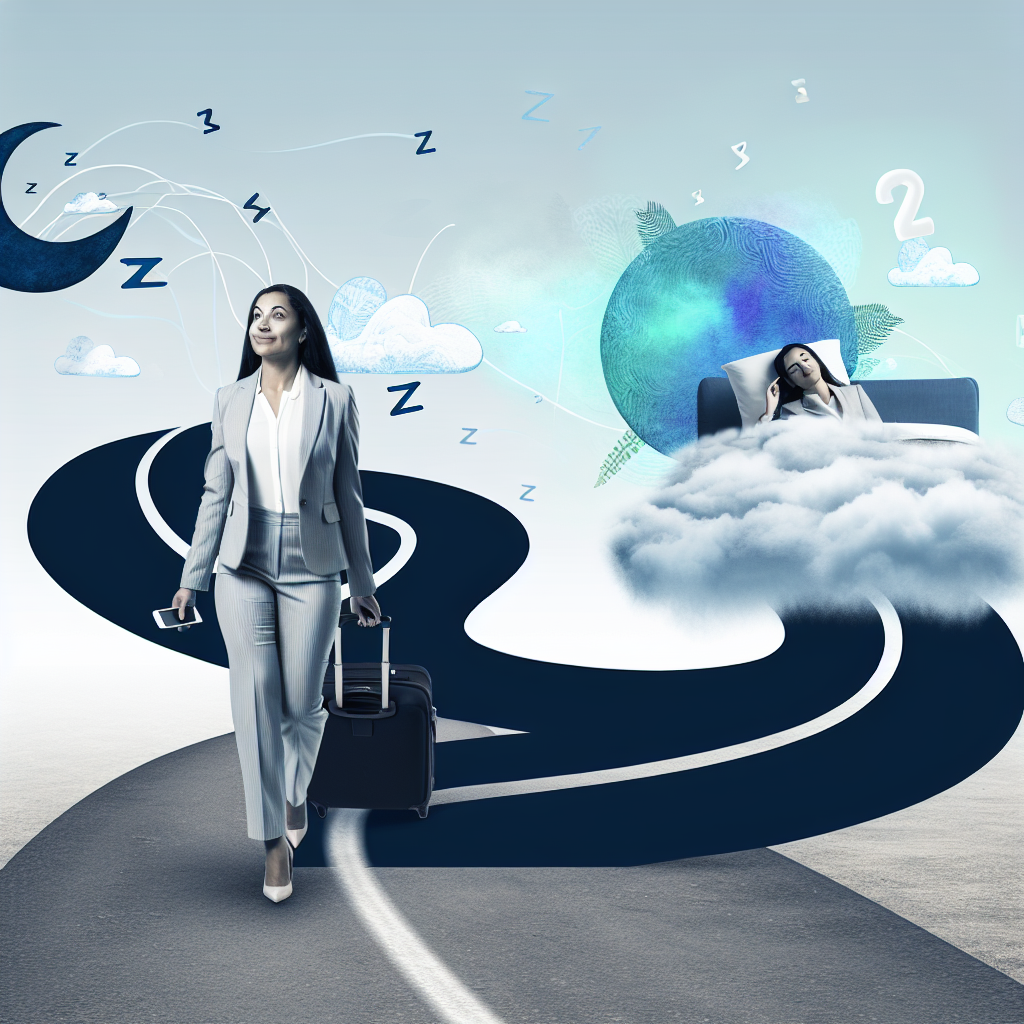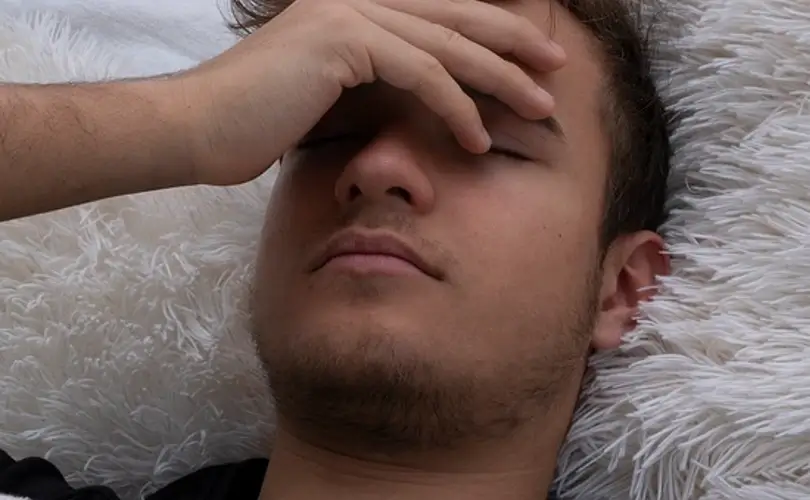Business Travel Sleep Solutions: How to Stay Rested and Alert on the Road
Introduction
Business travel can be both exhilarating and exhausting. Long flights, different time zones, and unfamiliar hotel environments can quickly wreak havoc on your sleep routine—leaving you fatigued, unfocused, and less productive. According to the Centers for Disease Control and Prevention (CDC), sleep deprivation impairs decision-making, slows reaction times, and affects emotional regulation—critical factors in high-pressure business situations. Furthermore, research suggests that frequent business travelers experience more stress, anxiety, and sleep disturbances than non-travelers.
Fortunately, science-backed strategies can help professionals enhance sleep quality and maintain productivity while on the road. This article explores expert recommendations and medical research on how to sleep better during business trips—ensuring you stay sharp, refreshed, and ready for success.
The Science of Sleep and Business Travel
Numerous studies highlight the impact of sleep on cognitive performance, mental resilience, and overall well-being—key factors for professionals managing demanding business responsibilities.
How Jet Lag Disrupts Your Sleep and Performance
Jet lag occurs when your natural circadian rhythm is thrown off by traveling across multiple time zones. According to the Journal of Clinical Sleep Medicine, the body’s internal clock is primarily regulated by light exposure. Disruptions can lead to fatigue, decreased focus, and even digestive issues.
How Your Hotel Environment Affects Sleep
A study in Sleep Health found that unfamiliar environments impact sleep quality, causing the “first-night effect”—where one hemisphere of the brain remains more alert.
Harnessing Light Exposure to Reset Your Body Clock
The Journal of Biological Rhythms highlights how strategic light exposure can shift your sleep schedule and help business travelers adjust to new time zones faster.
The Role of Melatonin and Natural Sleep Aids
A study in Mayo Clinic Proceedings confirmed that small doses of melatonin (0.5–3 mg) an hour before bed can promote sleep and combat jet lag.
Practical Sleep Solutions for Business Travelers
Want to stay rested and productive on your next business trip? Try these science-based strategies to optimize your sleep while traveling.
1. Plan Ahead for Better Sleep
– Adjust your sleep schedule gradually before departure.
– Avoid heavy meals & caffeine before bedtime.
– Pack earplugs, an eye mask & a travel pillow for added comfort.
2. Improve In-Flight Sleep Quality
– Use noise-canceling headphones to block out plane sounds.
– Wear an eye mask to reduce light exposure.
– Drink water instead of alcohol or caffeine to prevent dehydration.
3. Optimize Your Hotel Sleep Environment
– Set the temperature between 60-67°F for better sleep.
– Request a quiet hotel room away from elevators and busy streets.
– Use white noise machines or sleep apps to block disturbances.
4. Leverage Light Exposure & Exercise
– Get morning sunlight to adjust your body clock faster.
– Avoid screen time at least an hour before sleep to limit blue light.
– Engage in light physical activity (like stretching or yoga) before bed.
5. Use Melatonin & Natural Sleep Aids Wisely
– Take melatonin (0.5–3 mg) 1 hour before bedtime to align your circadian rhythm.
– Try chamomile or valerian root tea to promote relaxation.
– Use lavender essential oil to reduce stress and anxiety before sleep.
Conclusion: Rest Well & Travel Smarter
Sleep disruptions are common during business travel, but they don’t have to be inevitable. By implementing these proven strategies, professionals can maximize their rest, sustain productivity, and enhance well-being on the road. Scientific research confirms that prioritizing sleep leads to better mental clarity, improved decision-making, and increased resilience—all crucial for professional success.
Summary:
This article provides comprehensive strategies for business travelers to optimize their sleep and maintain productivity while on the road. It covers the science behind jet lag, hotel environments, light exposure, and natural sleep aids, offering practical tips to plan ahead, improve in-flight sleep, and create a better sleep environment. By following these evidence-based recommendations, professionals can ensure they stay rested, alert, and ready to excel during their business travels.
References:
– Centers for Disease Control and Prevention (CDC)
– Gump, B.B. & Matthews, K.A. “Are frequent business travelers at risk for poor health?” Occupational & Environmental Medicine
– American Academy of Sleep Medicine (AASM). “Managing Jet Lag.” Journal of Clinical Sleep Medicine
– Tamaki, M., et al. “Real-time brain monitoring reveals first-night effects on sleep.” Sleep Health
– Czeisler, C. “Light Exposure and Circadian Rhythm Adaptation.” Journal of Biological Rhythms
– Mayo Clinic. “Melatonin for Jet Lag and Sleep Disorders.” Mayo Clinic Proceedings

Dominic E. is a passionate filmmaker navigating the exciting intersection of art and science. By day, he delves into the complexities of the human body as a full-time medical writer, meticulously translating intricate medical concepts into accessible and engaging narratives. By night, he explores the boundless realm of cinematic storytelling, crafting narratives that evoke emotion and challenge perspectives.
Film Student and Full-time Medical Writer for ContentVendor.com




